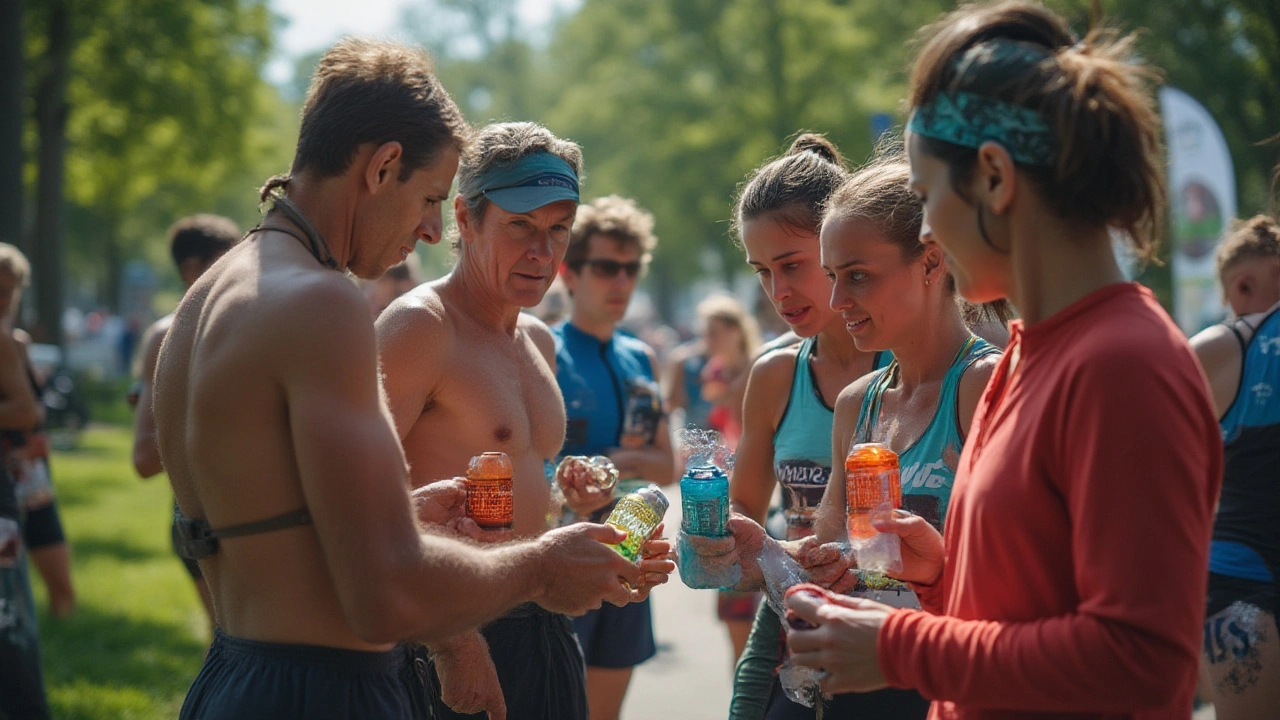Hydration Strategies: Simple Tips to Keep Your Body Powered
Good hydration isn’t a mystery – it’s about drinking the right amount of fluid at the right times. Your body loses water through sweat, breathing, and even just thinking, so refilling the tank matters for energy, focus, and recovery.
Why Hydration Matters
When you’re short on water, blood gets thicker, heart works harder, and muscles can cramp. You might notice headaches, dry mouth, or foggy thoughts. Staying hydrated helps kidneys filter waste, keeps skin supple, and supports the transport of nutrients to every cell. Even a mild dip in fluid levels can lower performance during a workout or a long workday.
Practical Ways to Stay Hydrated
Start your day with a glass of water before coffee. The morning boost works better when you’re not already dehydrated. Carry a reusable bottle and sip regularly – aim for about 150‑200 ml every 20‑30 minutes, especially if you’re active or the weather is hot.
Mix it up with low‑calorie drinks if plain water feels boring. Herbal tea, diluted fruit juice, or a splash of electrolyte powder can add flavor without too much sugar. Remember, drinks with caffeine or alcohol increase fluid loss, so balance them with extra water.
Eat water‑rich foods. Cucumbers, watermelon, oranges, and lettuce are over 90% water. Adding a side salad or a fruit snack can contribute a few extra glasses of fluid without you even noticing.
Listen to your body’s signals. Thirst is a late warning, so don’t wait until you feel dry. Check the color of your urine – pale yellow means you’re on track, dark yellow signals you need more fluids.
Adjust intake for activity and climate. A 30‑minute jog in the heat can sap a liter of sweat. Have a bottle ready and consider an electrolyte drink if you sweat a lot. Indoor work doesn’t mean you can skip water; air conditioning can dry out skin and lungs.
Set reminders if you tend to forget. A quick alarm on your phone or a sticky note on the monitor can prompt a sip. Over time the habit sticks, and you won’t need the cues.
Finally, pay attention to special needs. Pregnant or nursing people, older adults, and those on certain medications (like diuretics) may require more water. Talk to a pharmacist or doctor for personalized guidance.
Keeping hydrated is a simple daily choice that pays off in energy, mood, and overall health. Use these easy strategies, and you’ll notice the difference without complicating your routine.
About
Health & Wellness
